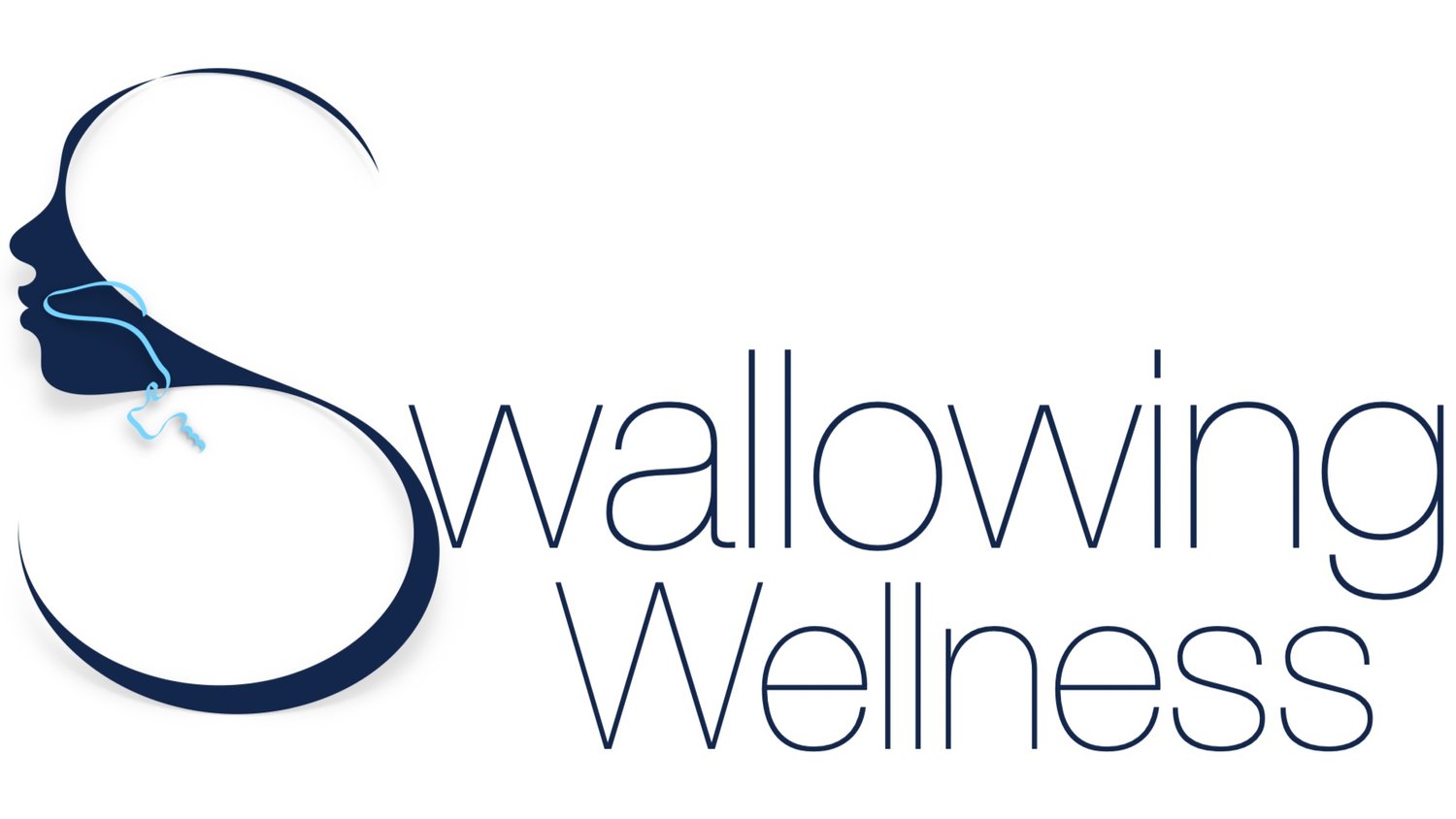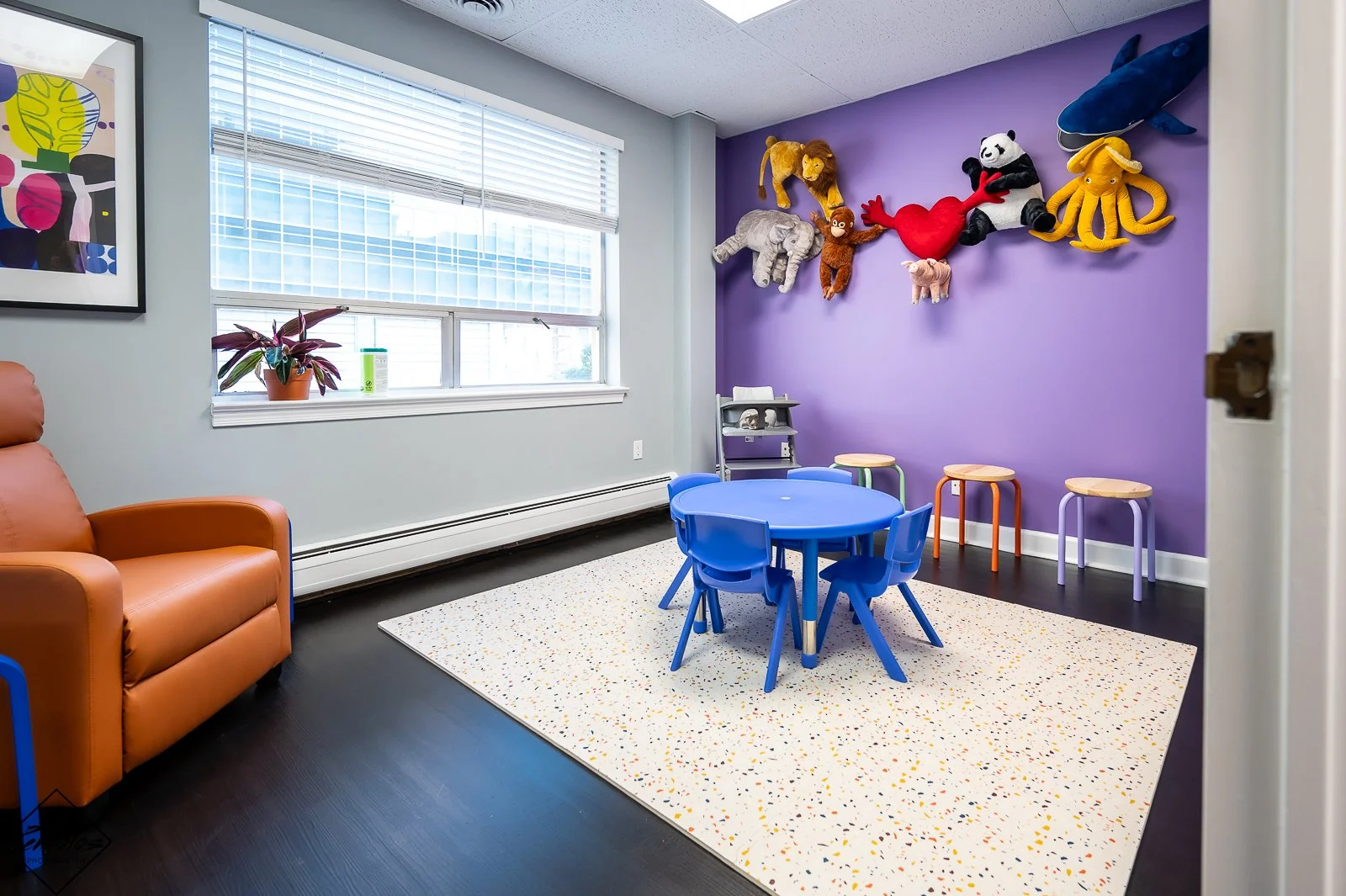
Mini Munchers Clinical Training Program
The Swallowing Wellness Center Bethesda MD June 21 & 22, 2025 8am - 4:30pm September 27 & 28, 2025 8am - 4:30pm
This experiential, two-day course will delve into pediatric feeding and swallowing function, offering participants the knowledge and tools needed to evaluate and address oral motor and swallowing issues in infants and children. The course emphasizes the integration of cultural competence and diversity considerations in assessment and intervention practices, ensuring that participants are well-equipped to provide inclusive and sensitive care. This course will cover the analysis of infant and child oral motor and swallowing function, guiding participants in making informed treatment recommendations and therapy plan development. Additionally, participants will learn to identify signs and symptoms of dysphagia and its risk in children, with guidance on making appropriate recommendations for further assessment or treatment with real pediatric patients at the Swallowing Wellness Center (4641 Montgomery Ave, Suite 300, Bethesda MD 20814).
Participants will engage in role playing scenarios to further increase knowledge and handling of real-life situations, including modifying the presentation of barium to a child-friendly state, creating a sensory-friendly environment, counseling families, and professional communication with other healthcare providers.
The course will include analyses of moderate to complex pediatric feeding cases, focusing on identifying barriers to feeding progression, prioritizing culturally responsive treatment strategies, and setting appropriate goals. Participants will determine management and intervention strategies that incorporate Modified Barium Swallow Study findings and knowledge of the interrelated systems in the "whole child" and family dynamic.
If you are interested in staying informed about future Mini-Muncher Clinical Training Program offerings please fill out this brief survey to be added to our email list.
Benefits of the Mini Munchers Clinical Training Program:
Small cohort of up to 10 people
50% hands on experience that you can put on your CV now
Real, live pediatric patients and cases
Hands-on positioning training in fluoro suite
Learn the language and techniques to make barium pediatric friendly
Multicultural considerations and conversations
Tongue ties, ARFID, and more
At course conclusion participants will be able to:
Identify and describe the anatomic structures and physiological functions in comparison to adults oral, pharyngeal, and upper esophageal function in infants and children.
Define infant/pediatric feeding disorders according to the literature, analyze contributing factors, and relate these to clinical practice.
Apply intervention strategies during fluoroscopy to aid in clinical decision-making regarding follow-up and integrate MBSS findings with knowledge of interrelated systems including gastrointestinal issues that impact feeding skill development and progression to develop comprehensive management and intervention strategies.
Practice counselling techniques with parents and advocacy with other healthcare professionals from a culturally sensitive perspective.
Analyze a child's deficits to make informed treatment recommendations, including appropriate diet, utensil use, and therapy plan development.
Write comprehensive reports, including setting appropriate goals for intervention that aligns with the family culture.
Mini Munchers Clinical Training Program Agenda
Day 1: Foundations + Essentials
A comparison of infants and children versus adult swallowing basics
Signs and symptoms of Dysphagia in infants + pediatrics
Overview of common disorders
Diagnostic essentials
Perspective of the Breastfeeding Specialist (IBCLC) + overlap with SLP
Myths vs. reality
Overview of common treatments
Day 2: Hands-On + Interactive
Pediatric fluoroscopy chairs and positioning
Creating a sensory friendly environment.
Ways to make Barium child friendly with actual examples
How to ask the write questions pre appointment
Barium mixing
Live infant patient: overview and analysis
Live pediatric patient:: overview and analysis
Critical thinking : Decision making, caregiver education and counseling
Report writing
Conveying information to interdisciplinary team
Advocacy + cultural considerations
Instructors
Emma Justice, MS CCC-SLP, CLC, NTMTC
Emma Justice, MS CCC-SLP, CLC, NTMTC, is the founder and lead clinician at Justice For Infant Feeding Therapy and Lactation. She specializes in pediatric feeding and swallowing, with a particular emphasis on NICU graduates and culturally diverse populations. Emma is certified in lactation counseling and neonatal touch and massage.
She earned her Master’s degree in Speech-Language Pathology from Northeastern University and completed her clinical fellowship at Johns Hopkins All Children's Hospital. Emma's experience spans various settings, including a level II and level III NICU, PICU, pediatric oncology, outpatient pediatrics, cleft and craniofacial care, aerodigestive, pediatric rehab, home health, and feeding in the public schools.
In addition to her clinical work, Emma is a guest lecturer and serves as the primary pediatric consultant for the Swallowing Wellness Center. She is also an active member of ASHA’s topic committee for Pediatric Feeding Disorders and serves on a committee for Boston’s March of Dimes organization. Emma has presented nationally on pediatric dysphagia.
Candace Thomas, MS, CCC-SLP
Candace Thomas, MS, CCC-SLP, is a speech-language pathologist specializing in adult dysphagia as well as pediatric feeding and swallowing disorders. She has experience working with medically complex infants and children, tracheostomy management, ventilator dependencies. She is proficient in performing both fiberoptic endoscopic evaluation of swallowing (FEES) and modified barium swallow studies (MBSS).
Candace earned her Master’s degree in Speech-Language Pathology from the University of the District of Columbia in 2019. Her clinical experience spans a variety of settings, including the hospitals including NICU, inpatient rehabilitation, home health, outpatient rehabilitation, and schools, where she has treated diverse populations with complex swallowing and feeding needs.
Currently, Candace serves as the lead speech-language pathologist and pediatric feeding specialist at Swallowing Wellness, where she provides specialized care for children with feeding and swallowing disorders, as well as adults with dysphagia.

